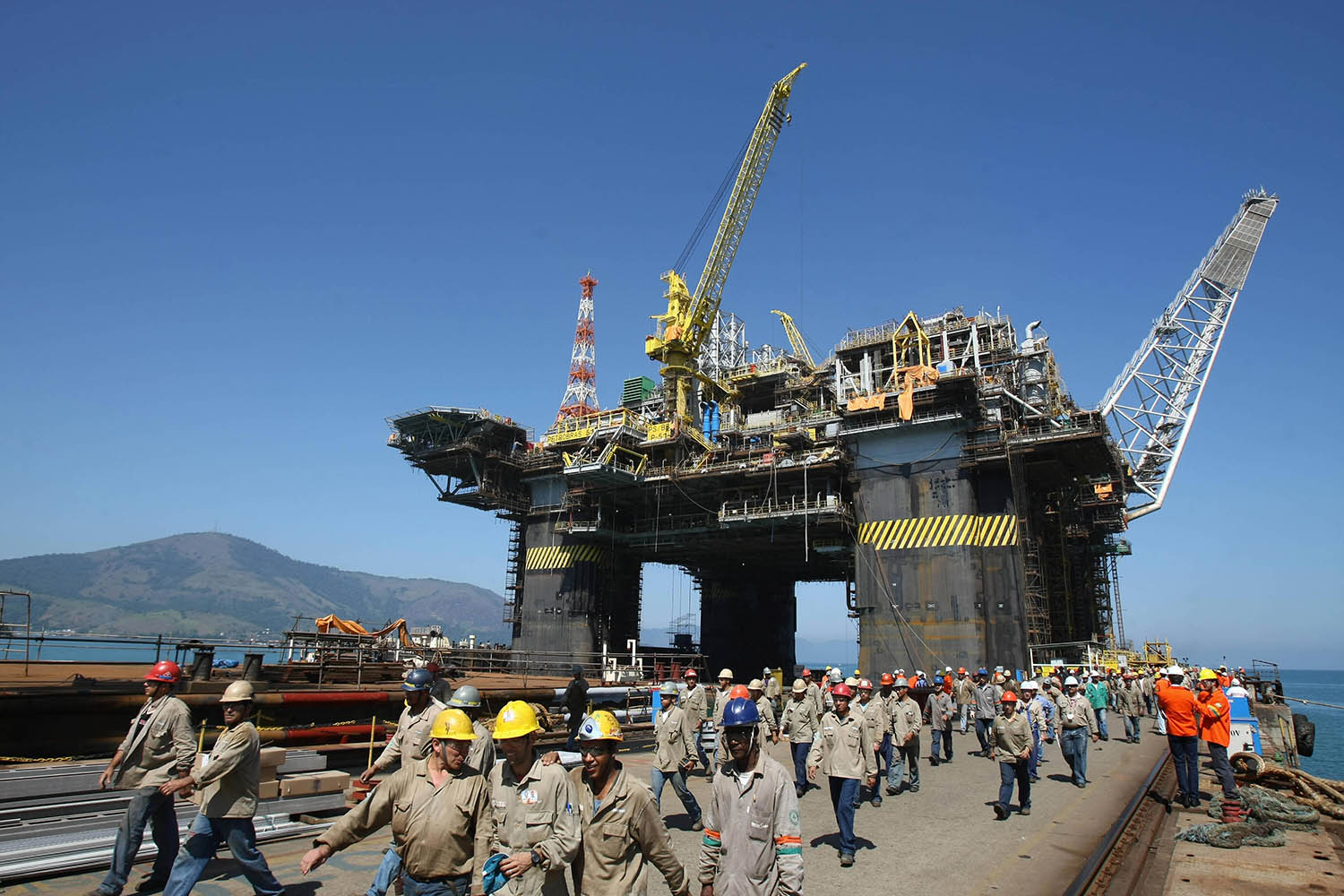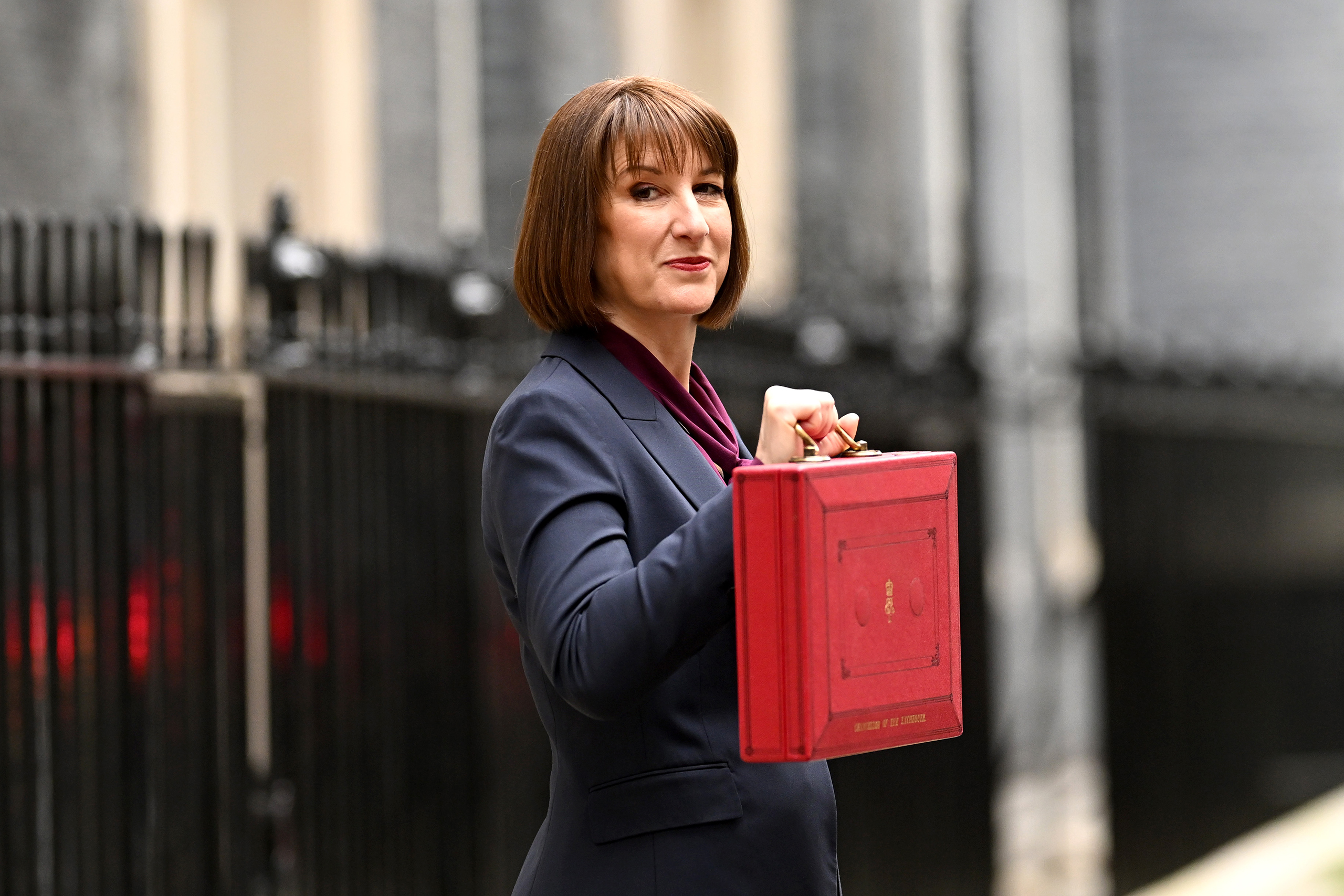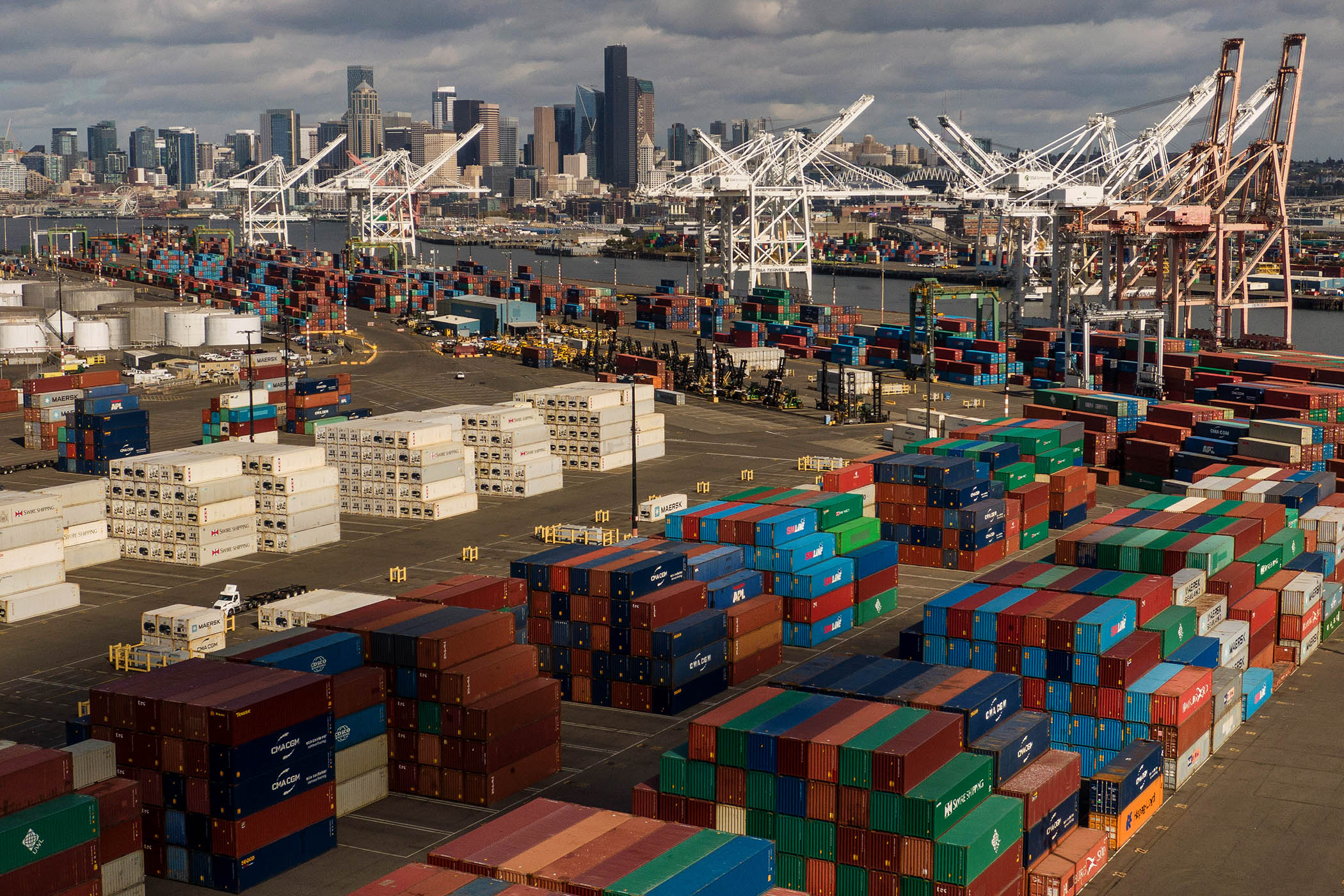
Area twice the size of Scotland to be auctioned off to fossil fuel firms months before country hosts COP30 climate crisis summit
The Brazilian government will hold an oil exploration rights auction on Tuesday, only months before hosting the COP30 UN climate summit.
Brazil’s oil regulator, the Brazilian National Agency of Petroleum, Natural Gas and Biofuels (ANP), plans to auction 172 oil and gas blocks covering 56,000 square miles – an area twice the size of Scotland.
This includes 47 blocks located at Foz do Amazonas, the mouth of the river, which oil companies view as of high potential.
Brazil’s mines and energy ministry says that the basin could contain oil fields similar to those discovered in Suriname and Guyana, where Exxon Mobil found billions of barrels.
State-controlled oil giant Petrobras is appealing to drill its first well at Foz do Amazonas, after having its exploration campaign blocked in 2023. Other companies registered and able to bid include ExxonMobil, Shell, Chevron, Equinor and BP.
At the opening of the third UN Ocean Conference last week, President Luiz Inácio Lula da Silva said Brazil’s maritime territory and the Amazon were “suffering the impacts of climate change”, blaming global warming and fossil fuels use.
But he also supports Brazil's ambition to become the world's fourth-largest oil producer – after the United States, Saudi Arabia and Russia – and argues that oil revenues will sustain economic development and fund the energy transition.
Instituto ClimaInfo calculates that burning oil and gas from all 172 blocks could release more than 11bn tonnes of CO2 equivalent – similar to six years of emissions from Brazil’s agribusiness sector or 5% of humanity's remaining carbon budget to limit warming to 1.5°C. The Amazon blocks alone could produce 4.7bn tonnes.
A broad coalition, including environmentalists, federal prosecutors and oil workers’ unions opposes the auction, citing inadequate environmental assessments, Indigenous rights violations and conflicts with Brazil's climate commitments.
In May, more than 60 Indigenous leaders from the Oiapoque region in the north of the country opposed Petrobras’s activities in the mouth of the Amazon, complaining of lack of consent and consultation.
Photograph by Vanderlei Almeida/AFP/via Getty




